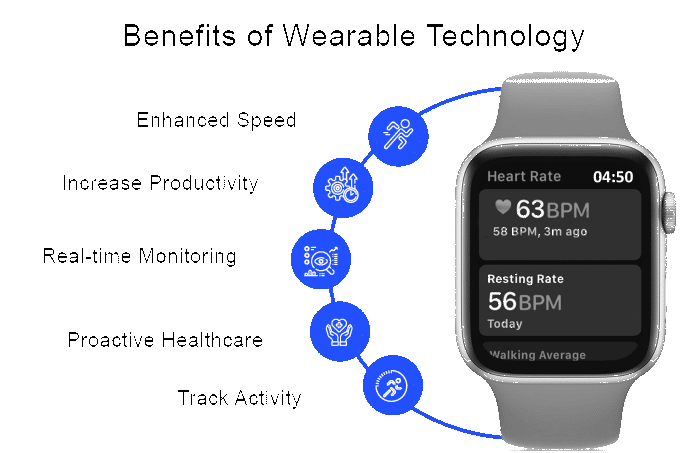
How to Create a Strong Password That Hard to Hack
- 0
In today’s digital age, where cyber threats are becoming increasingly sophisticated, it’s more important than ever to have a strong password to protect your personal information and online accounts. A weak password can leave you vulnerable to hacking and identity theft, so it’s crucial to choose a password that is difficult for cybercriminals to crack. In this article, we’ll discuss some tips on how to create a strong password that’s hard to hack.
Use a Combination of Characters
One of the most important factors in creating a strong password is using a combination of characters. This includes uppercase and lowercase letters, numbers, and special symbols. By including a variety of characters in your password, you make it much harder for hackers to guess or crack it.
For example, instead of using a simple word or phrase as your password, try mixing in numbers and symbols to create a more complex and secure password. Avoid using easily guessable combinations, such as “123456” or “password”, as these are among the most common and easily hacked passwords.
Avoid Personal Information
One common mistake people make when creating passwords is using personal information, such as their name, birthdate, or address. Hackers can easily find this information online or through social media, making it easier for them to guess your password.
Instead, choose a password that is completely unrelated to any personal information. Consider using a random combination of words or characters that have no significance to you personally. This will make it much harder for hackers to guess your password based on your personal details.
Make It Long
Another important factor in creating a strong password is the length. The longer your password is, the harder it is for hackers to crack. Aim for a password that is at least 12 characters long, but ideally even longer.
While longer passwords may be more difficult to remember, they are also much more secure. Consider using a passphrase, which is a series of random words strung together to create a unique and strong password. Passphrases are easier to remember than a random string of characters and are also more secure.
Change Your Password Regularly
One of the best practices for password security is to change your password regularly. By changing your password every few months, you reduce the likelihood of hackers gaining access to your accounts.
Set a reminder to update your passwords on a regular basis, and be sure to create a new password each time that meets the criteria for a strong password. Avoid reusing old passwords, as this can make it easier for hackers to guess your new password based on your old ones.
Use a Password Manager
If you struggle to remember multiple complex passwords, consider using a password manager to securely store and manage your passwords. Password managers can generate strong, random passwords for each of your accounts, and you only need to remember one master password to access them.
Password managers also provide added security by encrypting and protecting your passwords, making them much less vulnerable to hacking or theft. Many password managers also offer features such as two-factor authentication for an extra layer of security.
Conclusion
Creating a strong password that’s hard to hack is essential for protecting your personal information and online accounts. By using a combination of characters, avoiding personal information, making your password long, changing it regularly, and using a password manager, you can greatly enhance the security of your online accounts.
Remember, a strong password is your first line of defense against cyber threats, so take the time to create a password that is secure and difficult for hackers to crack. By following these tips and best practices, you can better protect yourself in the digital world.

